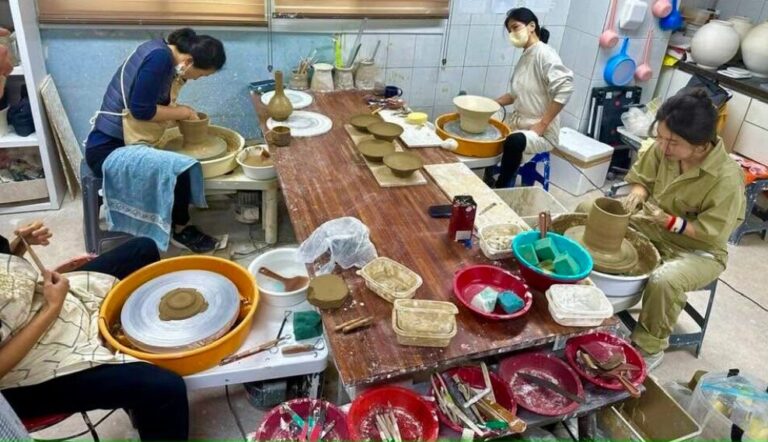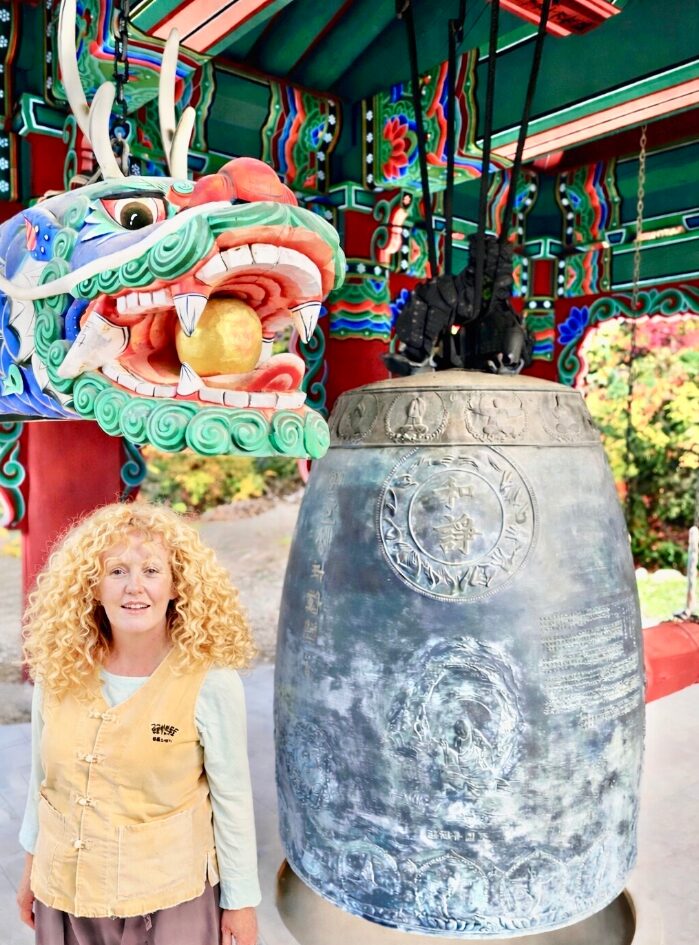
Late January, I had the honour of attending Cornwall’s own Aultsville Filmfest, where I got to watch four films that the festival’s committee selected for their emphasis on what chairperson Jennifer Francis describes as principles of the T.R.U.C.E acronym: Trust, respect, understanding, compassion, and empathy.
With that brief introduction to the Filmfest out of the way, allow me to talk about some wonderful cinema.
Beans (2020)
Beans is the story of Tekehentahkhwa (Kiawentiio), a young Mohawk girl who lives through the trauma of the Oka crisis in 1990 Quebec. Based on director Tracey Deer’s real experiences, Beans tells the tale of a young girl who tries her best to hang onto her innocence as she is surrounded by outside factors trying to take her innocence away. Whether by the struggle of resisting falling into the wrong crowd, or through the constant witnessing of the mistreatment of her community by the government of Quebec, Beans is bombarded by negative influence.
This beautiful film, however, is about rising above these influences; about being the bigger person, even when it seems difficult. Thanks in no small part to Beans’ mother (Rainbow Dickerson) guiding her daughter to be the powerful Mohawk woman that she knows she can be, Beans begin to surround herself with caring people and puts herself in a situation to succeed by the film’s end.
Beans is not an easy watch; it is filled with imagery that invokes strong feelings of Canada’s failure to reconcile with indigenous populations. But it is an important film. It is a film that shows that we must look to what the other side is going through; that we must approach all situations with compassion. And if we do these things, maybe Canada can raise more bright young girls like Beans.
Close to You (2023)
Starring Elliot Page as a transgender man named Sam, Close to You is a film about prioritizing your own mental health and well being. When Sam must return from Toronto to his childhood home and to his estranged family, he realizes that in spite of the moments of positivity he sees in the home, he can’t stay in the environment following its negativity.
Close to You does a fantastic job of capturing how our loved ones often expect us to remain unwell simply because we’ve struggled in the past. Despite Sam’s persistence on his own well being, his mother and sisters are constantly worrying about him. After a heartfelt conversation, Sam’s father reveals that realizing that Sam is doing well was the happiest he’d been in a long time. Despite all of this, Sam ends up ultimately leaving the family due to a bad-acting brother-in-law, thus concluding his own journey of self-love and self-acceptance. As he puts it: ‘Rising about is me leaving.”
Close to You may not go deep into the nuances of trans identity, but it does provide a valuable lesson to all of us: that we come before anyone else.
The Queen of My Dreams (2023)
This Bollywood-inspired comedy-drama is all about how we are like our parents, how our parents are like us, and how your surroundings can influence who you are and what you become. During this film, we see Azra (Amrit Kaur) return to her family’s home country of Pakistan after her father Hassan’s (Hamza Haq) early and tragic passing. As the movie progresses, we see fragments of Azra’s mother Miriam’s (Nimra Bucha) past in Pakistan, and an explanation as to why Miriam is so conservative in the present day.
Equally as important as the plot, however, is how well done everything else in the movie was; how atmospheric it all feels. Often, a film really makes you feel like you are watching a film. The Queen of My Dreams, however, really made me feel like I was in 1999 Pakistan; then 1969 Pakistan; then 1989 Nova Scotia. Thanks to the magnificent job done by the team behind the scenes, this film puts you directly into the world of Azra and Miriam.
It is ultimately for this reason that The Queen of My Dreams succeeds as a film. I feel like I understand all of the characters. Unreasonable as she seems, the vivid portrayal of Miriam’s past explains why she treats her daughter the way she does. And given how Azra’s falling out with Miriam started, it makes sense why she has so much animosity towards her.
The film ends beautifully, though, with Miriam and Azra sharing laughter in Hassan’s memory, showing us that their familial bond is stronger than their disagreements. This all while doing what unites the two most of all: breaking the rules.
Ru (2023)
Ru tells the painful and beautiful tale of a Vietnamese family that arrives in Quebec as refugees. Told from the perspective of the family’s daughter Tinh (Chloe Djandji), Ru is about the difficulties of adjusting to a new culture while letting go of the trauma of your past.
One of the best things about this film was the bold choice to make its main character so shy; Tinh rarely talks, but Chloe Djanndji still portrays her character so brilliantly with subtle facial expressions and the few lines she does get. Even though Tinh talks as much as a minor character is expected to, her being still conveys 10x more personality than the average movie protagonist.
Tinh’s passive nature is not by mistake, either. She’s in a new, scary environment, surrounded by a culture that is entirely foreign to her. It’s obvious that she’d take some time to adjust. Ultimately, this is why seeing Tinh happy towards the end of the film is so beautiful. Her moments of happiness being few and far between really drive the progress of her character towards the end of the film home.
I feel as though Ru is a love letter to Vietnamese culture, to Quebecois culture, and to Canadian cinema. I also feel as though you will likely cry if you watch it. But most of all, I feel as though you should watch it.
This page has not been nearly long enough for me to say everything I want to say about these films. If you want to hear more about my thoughts, you can find them at Letterboxd.com/omgmateo or on the Keeping it Reel Podcast on Wednesdays at 2pm.
Thanks for reading!













